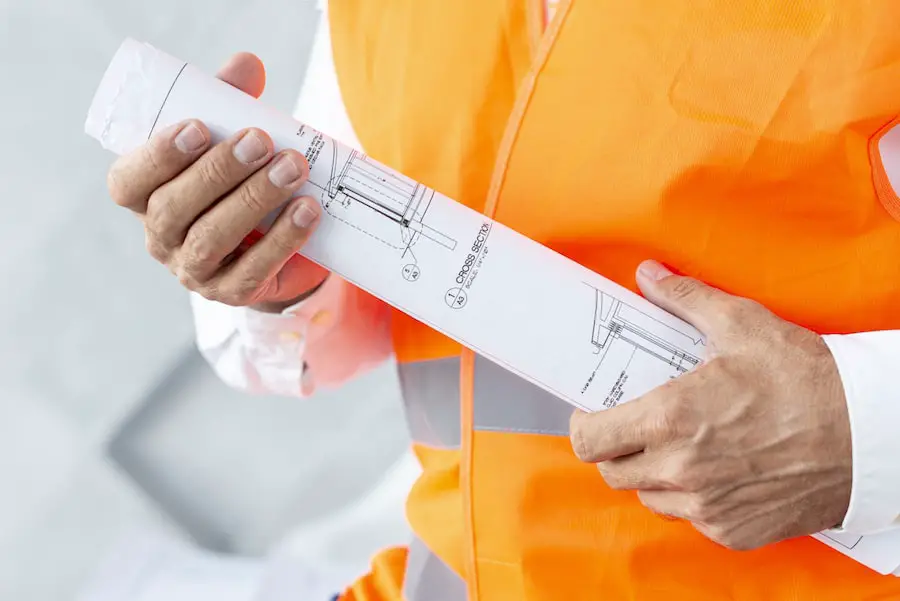When you hear the term “total replacement cost” when referring to your home insurance, you might naturally assume that it includes whatever it costs to repair or replace your home up to code. Obviously, you want your home to be as safe and securely rebuilt in the event of damage, so why would you be paying for a home insurance policy that offers any less?
If you have just standard homeowners insurance, your policy typically does not cover the costs of building your home to current building codes, unless your insurer has included an ordinance or law coverage in your plan. If that’s the case, you could be left with a sizeable bill to pay to fulfill the latest requirements of the city or county you live or be left with an unfinished house.

How replacement cost of home is calculated
When you purchase a homeowners insurance policy, the replacement cost of your home is determined based on calculated total construction costs, a combination of the cost of material and the labor needed to completely rebuild your home if it’s destroyed due to a covered event. Estimated replacement cost is used to size the limit of the dwelling coverage in your homeowners insurance policy.
Depending on how long ago you originally purchased your home insurance policy, your dwelling coverage may be not sufficient to rebuild your home in the current time and bring it up-to-date to current building codes. If your area has new building codes you have to adhere to, that means that the cost of rebuilding your home has changed, and your coverage should as well. So unless your policy is equipped with extended dwelling coverage or guaranteed replacement dwelling coverage, you may need to pay out of the pocket for a portion of the rebuild.
But, what if you live in an area with constantly changing building codes? Does that mean you have to negotiate a new policy with your insurer every single time, or is there another solution?
What is building code coverage?
Building codes coverage also known as an ordinance or law coverage is an endorsement on your homeowners insurance policy that bridges any gaps between your replacement cost coverage and the actual cost to rebuild based on any recent changes to the local building codes.
If you live in an area where building codes change often, such as regions on the East Coast that experience hurricane season each year, building codes coverage might be an excellent option to ensure that your replacement cost coverage will always align with the true cost to rebuild your home.
Upgrades to building codes can include expensive changes to your rebuilding project, from changes in energy usage rules that can require swapping cheaper alternatives for new, high-efficiency lighting and windows, the addition of an automatic shutoff valve for your gas supply, and new, stronger materials to be used for structural and drywall components.
While building codes are updated frequently to keep you safer, that won’t seem like much consolation if your home needs to be rebuilt before you’ve had a chance to update your policy’s total replacement cost coverage. If you live in an area where this happens frequently, the protection it can provide from tens of thousands in additional costs can be worth a higher premium.

What are exclusions to building codes coverage?
Like any other home insurance endorsement, building codes coverage does have its exclusions, which are important to note if you’re considering to add on this coverage to your main policy.
Sometimes, local ordinances will mandate maintenance to certain aspects of the home, such as addressing dry rot or removing mold or fungus. As these issues will be ones that you could have addressed prior to the damage to your home, they will not be covered as part of any repair to your home.
Consider ordinance or law policy
If you live in an area with frequent updates and changes to building codes or your home is older and has code violations that have been grandfathered in, any part of your home that has to be rebuilt could have substantial costs to be built up to code. Consider adding an ordinance or law endorsement to your homeowners insurance to ensure all the upgrades up to building codes would be covered if your home is damaged by a covered peril.

